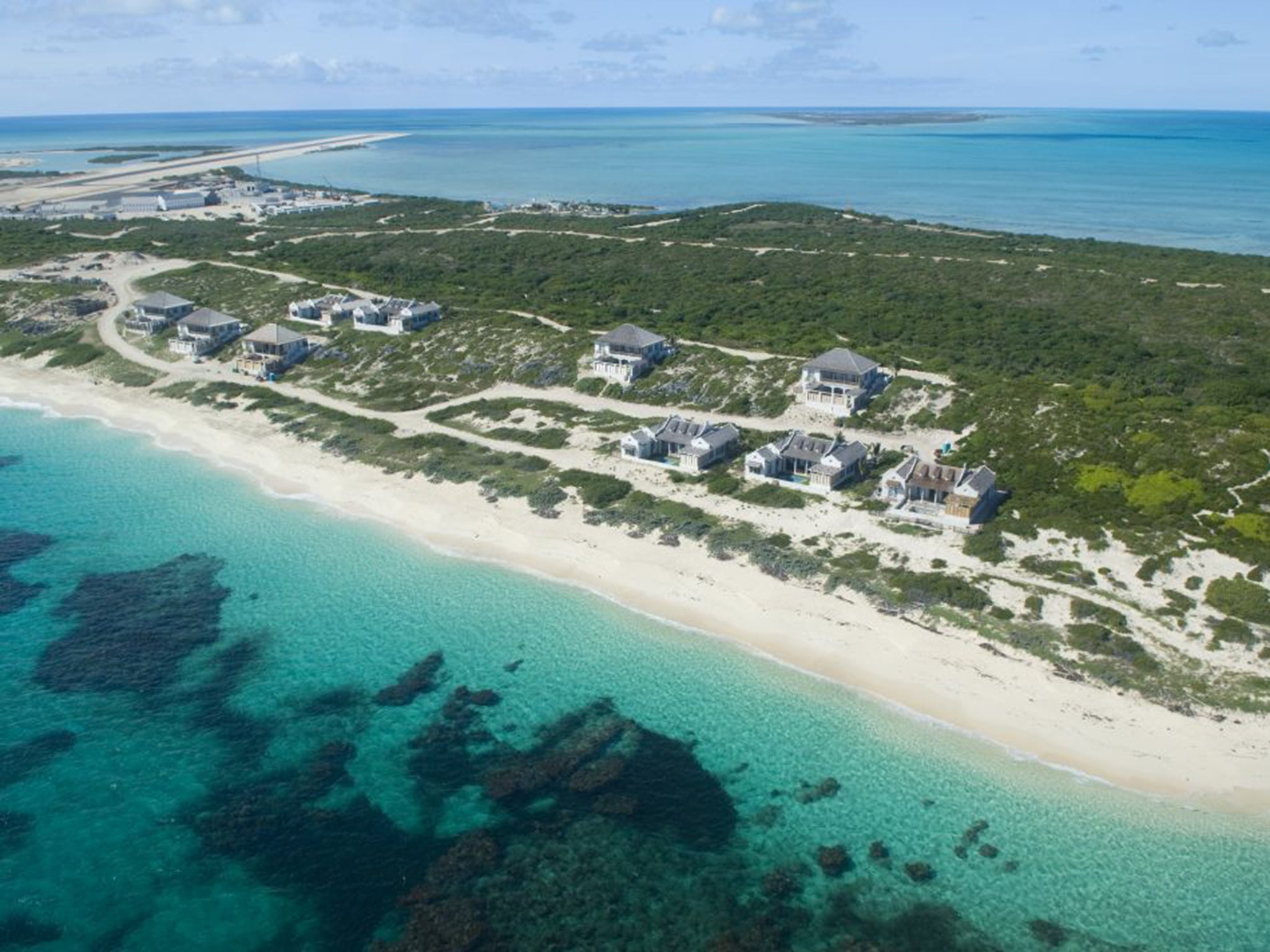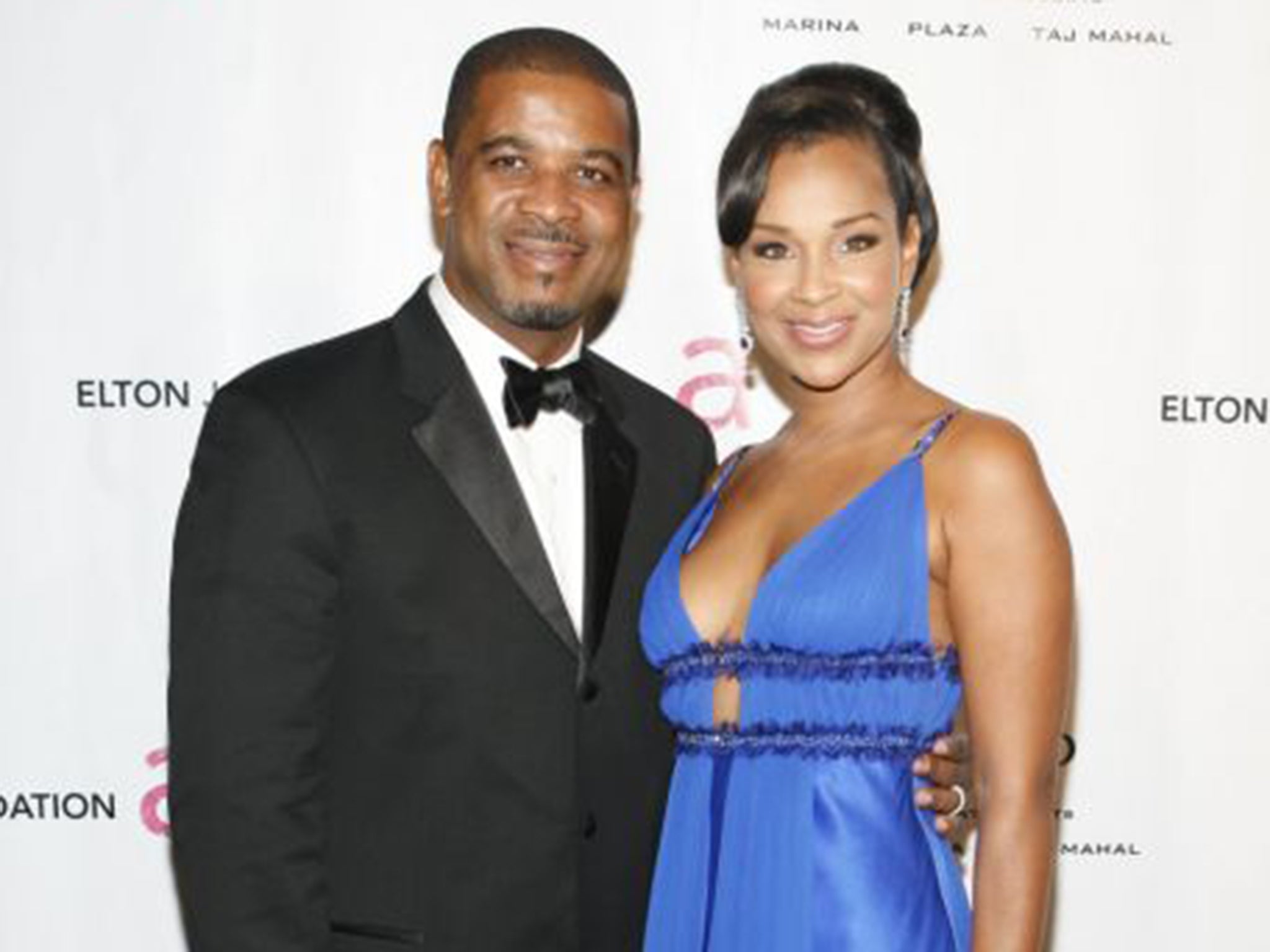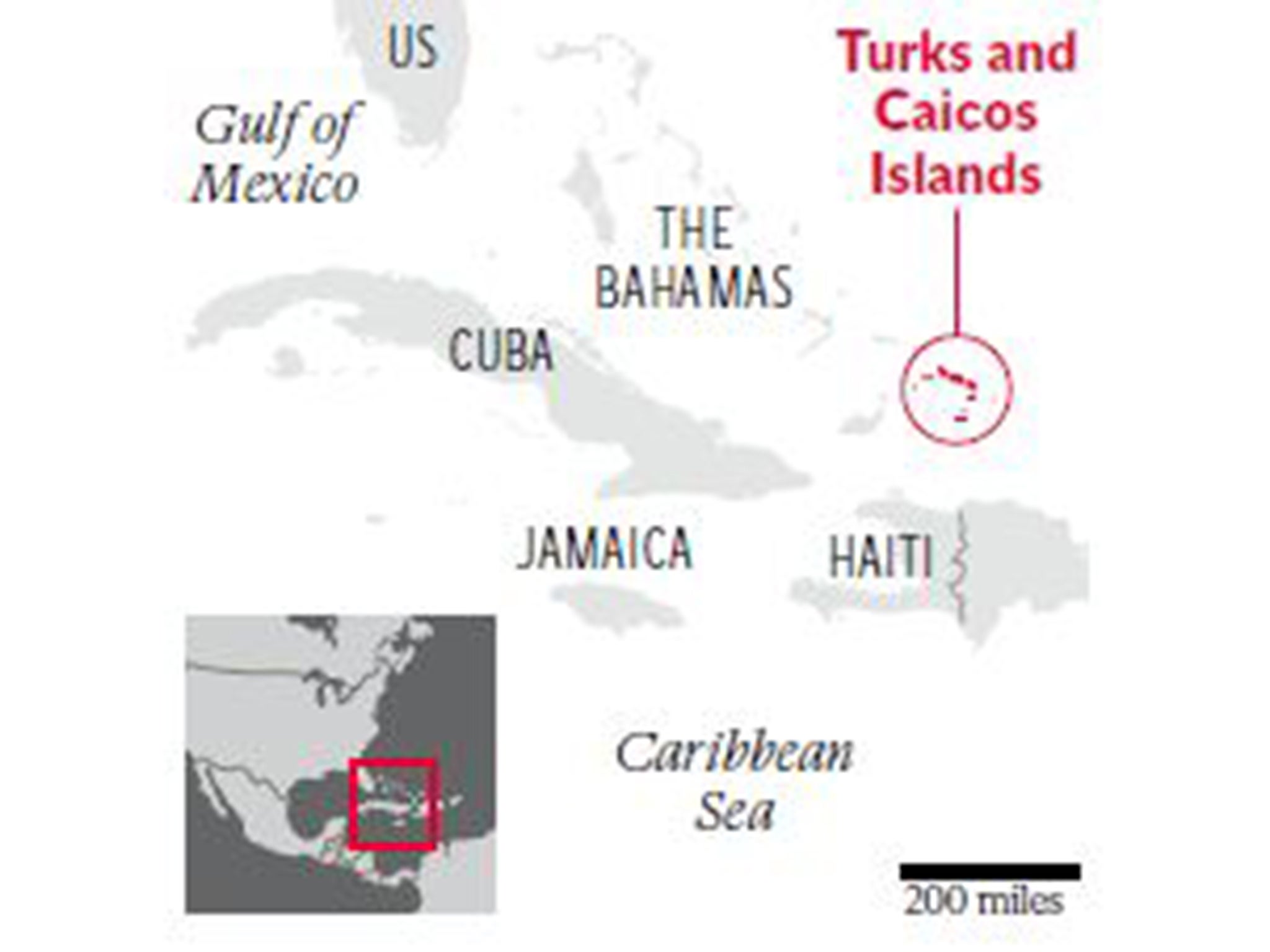Former Turks and Caicos premier’s corruption trial to go ahead - without a jury
Ex-PM to stand trial for alleged bribes for land deals following UK Supreme Court ruling

Your support helps us to tell the story
From reproductive rights to climate change to Big Tech, The Independent is on the ground when the story is developing. Whether it's investigating the financials of Elon Musk's pro-Trump PAC or producing our latest documentary, 'The A Word', which shines a light on the American women fighting for reproductive rights, we know how important it is to parse out the facts from the messaging.
At such a critical moment in US history, we need reporters on the ground. Your donation allows us to keep sending journalists to speak to both sides of the story.
The Independent is trusted by Americans across the entire political spectrum. And unlike many other quality news outlets, we choose not to lock Americans out of our reporting and analysis with paywalls. We believe quality journalism should be available to everyone, paid for by those who can afford it.
Your support makes all the difference.A key legal judgment could now reveal the true extent of how things may have been seriously adrift in the Caribbean islands of the Turks and Caicos.
The corruption trial of Michael Misick, the island’s controversial former premier, and several other members of his government can go ahead without a jury, senior judges decided. Seven Supreme Court judges rejected a challenge by Mr Misick that the trial judge lacked sufficient independence to hear the case alone without a jury.
Their judgment now clears the way for the case – which has already convulsed the islands – to begin. A special courthouse has been constructed for trial which is scheduled to start in December and is expected to last several months.
Mr Misick and several other former ministers stand accused of accepting tens of millions of dollars in bribes and kickbacks in return for valuable land development deals. They are also accused of misusing public money to fund their extravagant private lives including travelling by private jets and hosting lavish parties while in office.

His supporters claim the case against him relies on an ambiguous Turks and Caicos law which failed to specify how the island’s politicians accepted political donations
The UK’s handling of the crisis has fuelled the debate for independence for the Caribbean islands, which are a British Overseas Territory.
Prosecutors opposed the challenge from Mr Misick that Mr Justice Paul Harrison lacked sufficient independence to hear the case sitting alone, arguing a fair trial by jury would be impossible on the tiny island where lots of potential jurors would have connections with Mr Misick, his family and the other defendants.
The allegations emerged after a UK parliamentary select committee inquiry into how Britain supervised the islands’ government. MPs on the Foreign Affairs Committee found what they described as “climate of fear” on the islands.
As a result the British government appointed a Commission of Inquiry headed by former High Court judge Sir Robin Auld who, after a series of public hearings, concluded there was a “high probability of systemic corruption in government and the legislature and among public officers” in the territory.
As a result London suspended the islands’ constitution and replaced Mr Misick’s elected government with an interim administration – effectively direct rule. A new constitution was created including measures “enacted to improve governance”. These included provisions for no-jury trials and increased the powers of the UK-appointed Governor to intervene in the island’s government.
Direct rule from London ended with the election of Mr Misick’s former party, the Progressive National Party under new leadership in 2012.
The British government also set up a special investigation and prosecution team which has pursued allegations against the politicians. They seized assets of those accused. Mr Misick’s personal assets were said to have grown from $50,000 (£32,000) in 2003 to an estimated $180m.

The team clawed back cash and land worth tens of millions of dollars from overseas businessmen, some of whom are accused of making donations to local politicians. However, it has faced criticism for pursuing criminal charges against the former politicians but not the wealthy businessmen. Some locals have criticised the cost of their investigations and an alleged lack of transparency.
Mr Misick resigned in 2009 and left the islands. He went to Brazil where he was arrested in 2012 after his application for political asylum was refused. He was extradited back to the islands to face trial in 2014.
In rejecting Mr Misick’s challenge, the Supreme Court judges, sitting in their role as the Privy Council Judicial Committee, which hears appeals from some Commonwealth countries, described the trial judge as a “retired judge of distinction” who had been brought in from Jamaica to handle the cases. They concluded the judge was correct to decide to hear the case alone.
They said the trial’s complexity, the “impracticability of finding jurors with no prior knowledge or opinions on the issues at stake” – there is a 6,000-strong pool of jurors to choose from – and the “inevitability that such jurors would be exposed to extra-evidential opinions and information” meant the judge “could not have realistically reached any conclusion other than the one he did”.
“The view was taken that it was sensible to appoint an ad hoc judge of considerable experience from a larger jurisdiction and from outside the islands,” they said. They also rejected claims the judge lacked independence, pointing out he was selected by the Judicial Service Commission, whose advice the Governor was obliged to follow.